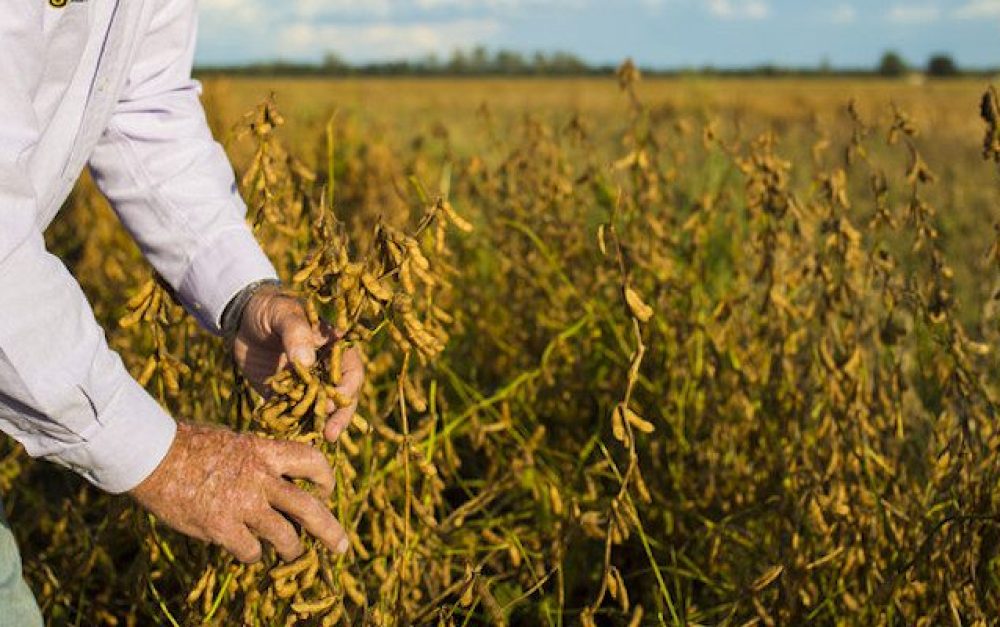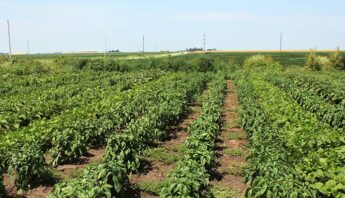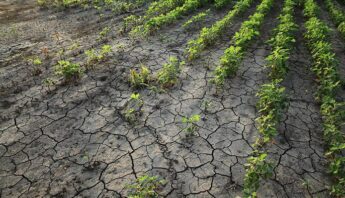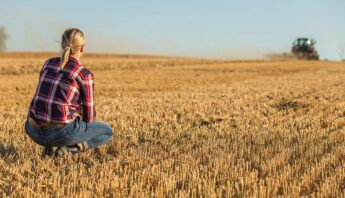For Immediate Release: October 13, 2017
Earlier today, EPA released new restrictions on the herbicide dicamba, after reaching an agreement with pesticide manufacturers Monsanto, BASF, and DuPont. The restricted use designation means that the label has certain use requirements and that only applicators with special training are allowed to apply or supervise those applying dicamba.
As of August, over 2,200 farmers had reported dicamba drift-related incidents in 17 states, with a handful of states setting restrictions on the chemical as problems with drift have resulted in fights between neighbors and lawsuits. Iowa has had a record number of pesticide drift claims this year, with nearly 40% of the 258 claims made this year involving dicamba as of September.
Denise O’Brien, a farmer from Atlantic, Iowa and chair of the Pesticide Action Network board, issued the following statement:
“These new restrictions don’t do nearly enough to address the problem of dicamba drift damage. Farmers and others will continue to be hurt by dicamba drift with these weak rules that give the false impression that EPA is doing something to address dicamba drift. A drift-prone herbicide like dicamba should never have been let on to the market in the first place. Monsanto and other corporations have put farmers in this position, but so far they have not been held accountable for the problems caused by their products.
With an estimated 3 million acres damaged by dicamba drift this past summer, the problem is big and likely to get worse. Without proper enforcement, restrictions are not going to help farmers. Dicamba soybeans are likely to get even more uptake next year, unless states take action to protect farmers.”
Contact:
Paul Towers, PAN, 916-216-1082 or ptowers@panna.org
<>







